
"The Bomb Disposal Expert"
1905 movie network news As one of the most eye-catching Chinese film schedules after the opening of this year, May 1st has assembled a group of Chinese films with excellent quality and different styles. Among the four main films, "The Bomb Disposal" successfully led the box office with 220 million, surpassing the early attention. A work that is almost Hong Kong-style lineup can attract so much money in the mainland. It has to remind people of an old topic: will the Hong Kong film craze recover again?
Hong Kong film is synonymous with a golden age for the Chinese film industry. From the 1970s to the mid-1990s, a large number of influential film works emerged in Hong Kong. At the same time, with the surge in Hong Kong film production and the best-selling of works overseas, the production concept of genre films was gradually introduced into the system, which is also the source of the creation of Hong Kong films to have a hundred schools of thought contending for prosperity. Among them, police and gangster films like this have always been one of the hottest genre films in Hong Kong. However, looking at its details, "The Bomb Disposal" can no longer be counted as those "once" Hong Kong films we often mention.
In the words of the film critic David Podwell, the Hong Kong films of the 1990s in his eyes can be said to be "all too much, all crazy". In that era of blossoming flowers, the relative freedom of the Hong Kong film market, coupled with a high degree of commerciality, made a large number of Hong Kong filmmakers began to explore the entertainment tastes of ordinary market audiences, so that various types of films began to be produced systematically.
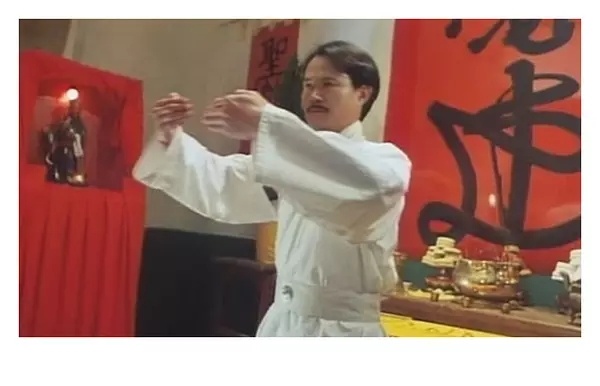
Lin ZhengyingThe zombie movie was a smash hit
Due to the success of various Hong Kong-style films, a large number of homogeneous works continue to appear in the Hong Kong film market. For example, the number of Hong Kong-style zombie films and martial arts films that have been popular in the Asia-Pacific is eye-popping. Looking at Lin Zhengying’s zombie series alone, there have been different types of comedy, thriller, magic and so on, but most of them are shoddy. On the other hand, the short production cycle of the film at that time was also amazing to modern filmmakers. Andy Lau once had the reputation of "Brother 14" in the circle, because he had set a record of 14 films in one year. Today, such a "fast food" filming efficiency is almost impossible. In addition, Hollywood movies began to attack the global market, and Hong Kong stars gradually emigrated out of the country. People’s tastes were no longer limited to Hong Kong-style low-cost productions. Under the combination of various internal and external factors, the death of old-fashioned Hong Kong films was also inevitable.
But then again, does the decline of old-fashioned Hong Kong films represent the decline of Hong Kong films? I don’t think the two can be equated. Although the end of traditional Hong Kong films is inevitable, the future rise of "new Hong Kong films" can also be predicted.
After the old-fashioned Hong Kong films gradually lost their market, a new development direction emerged with the famous CEPA agreement signed between the mainland and Hong Kong in 2003. A large number of Hong Kong filmmakers chose to go north to find opportunities, and the production teams of the mainland and Hong Kong also began to deepen cooperation. Therefore, under the change of times, a new mode of survival of Hong Kong films was opened.
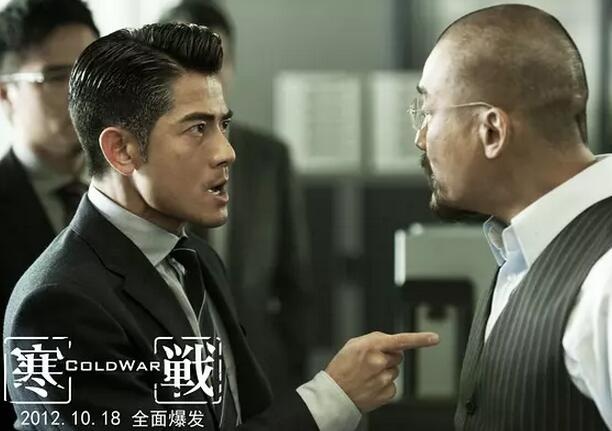
"Chills."
Judging from the domestic film market in recent years, a large number of high-quality films co-produced in mainland Hong Kong have begun to emerge., "Cold War", and a series of Hong Kong-style works have achieved good box office and reputation in China. And the excellent results of "Bomb Locker" in the May 1st film also prove that Hong Kong-style genre films are still in line with the taste of the audience, although these films are no longer purely made in Hongkong.
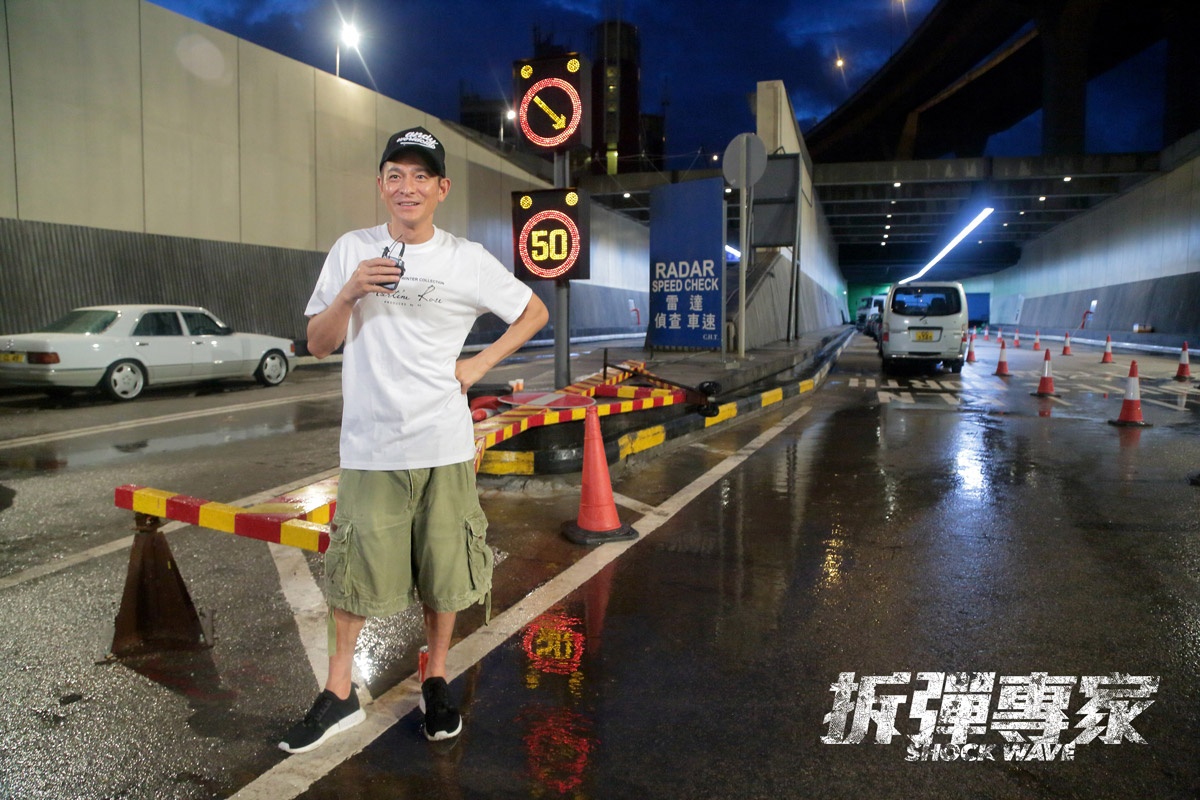
The tunnel construction site of "The Bomb Disposal Expert"
The rise of the co-production genre is rooted in taking the essence of the classic and removing the dross. First of all, in the production level, we see the well-intentioned new generation of "Hong Kong films". The 1:1 modeling of the Hung Hom tunnel in "The Bomb Locker" is expensive, and there has never been such a Hollywood-level production in the old-fashioned Hong Kong film. The police film emphasizes the opposition between soldiers and thieves, with a clear distinction between black and white. It mainly relies on the hot action scenes to attract audiences, and the realistic environment setting makes this kind of genre film with scenes even more powerful.
Many people regret the departure of Hong Kong films, on the one hand, they are actually regretting the aging of a group of actors. At that time, the level of star-making in Hong Kong was very representative. Film production companies such as Media Asia and Emperor began to adopt a series of internationally accepted business methods such as high-paid stars from a very early age, and also allowed directors and stars to form their own subsidiaries, and they made movies independently. Although film production today does not have the freedom of Hong Kong films at the beginning, it has gradually expanded in the casting industry. Hong Kong stars are no longer the only dominant genre film.
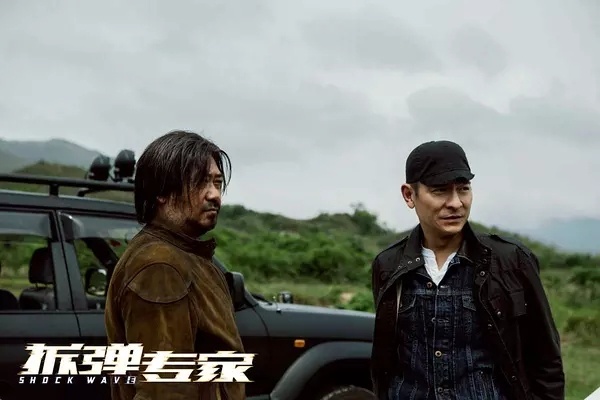
Jiang WuAnd Andy Lau
In the actor part, most of the co-productions will introduce mainland actors to join. The villain Huo Huo played by Jiang Wu in "The Bomb Disposal" is a combination of madness and agility. In classic Hong Kong films, we often see vicious villains appear, such as the "four villains" in the Hong Kong film industry, who specialize in playing such arrogant, vicious and somewhat brainless villains. However, such a monotonous role setting is obviously no longer in line with today’s new generation of movie-watching groups, and the public wants to see some characters with distinct personalities and complex personalities appear. And Huo Huo, in addition to being ruthless, has a warm affection for his younger brother. This almost selfish love makes him even crazier. Such villains are more vivid in appearance than villains who can only play ruthless.
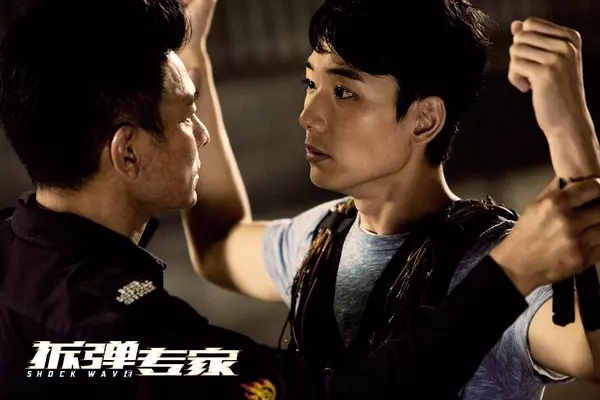
Andy Lau andCai Hanyi
In addition to the villain, the protagonist played by Andy Lau and the teacher played by Song Jia have a touching love affair. This emotional scene outside the main line makes this hero not just a face-to-face positive character, but his weak side is displayed in front of the audience, making the protagonist fuller and more humane. It is also specially said that although Hua Zai, as the lead actor, shines brightly in the film, the young police officer played by the new generation actor Cai Hanyi in the film also contributed to the performance of the king in a shorter scene. In addition to the tension set in the plot part, he is more impressive than Hua Zai in some ways.
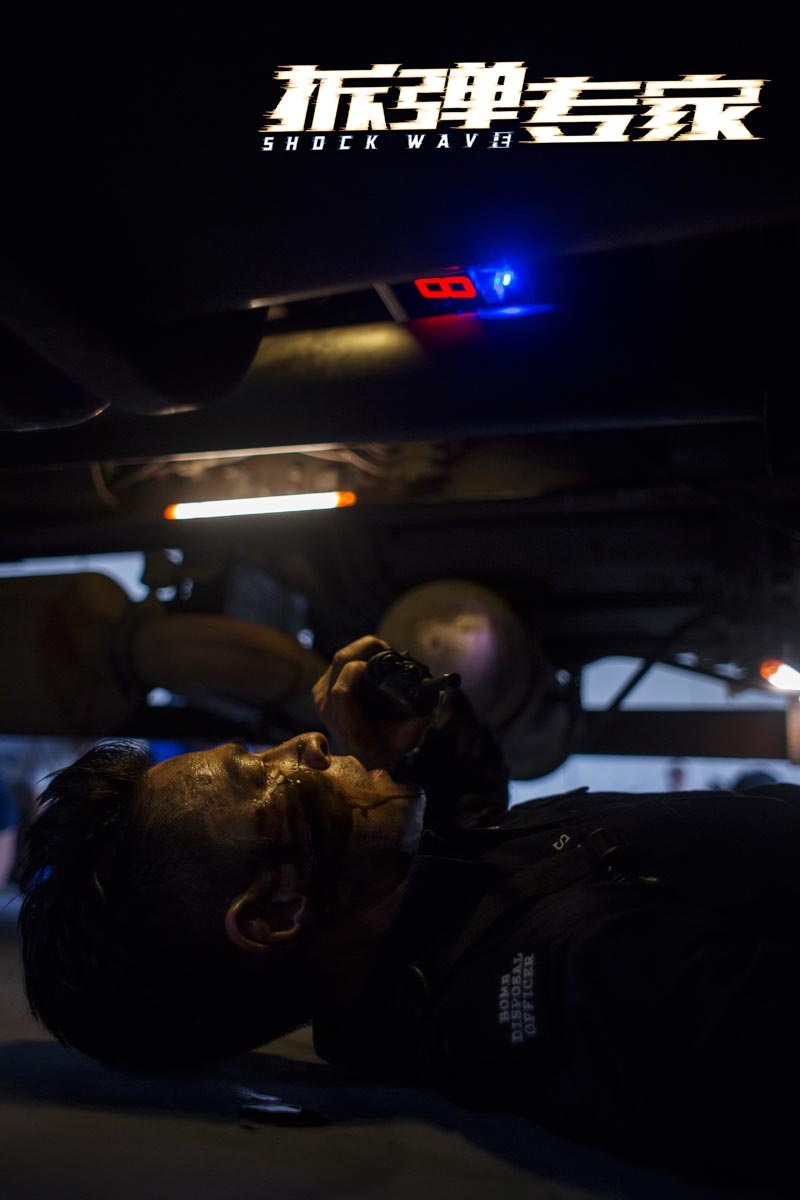
Andy Lau deals with the final bomb at the end of the film
At the end of "The Bomb Locker", Zhang Zai Shan, a bomb disposal expert played by Liu Tianwang, sacrificed his life in order to save the Hung Hom tunnel. In today’s film culture market where superhero movies are running all over the place, the demise of heroes has become a rare thing, but recalling those classics engraved in people’s memory: Chen Zhen in China, Chen Yongren in China, and Xiao Ma in China, all of which culminate in the end of the protagonist’s life. When Zhang Zai Shan cuts the last line of life, the residual Hong Kong flavor seems to take us back to that golden age. Although the success of "The Bomb Locker" does not represent the recovery of Hong Kong films, it more allows the audience to see the new direction of Hong Kong films’ transplantation and reconstruction in today’s new era.